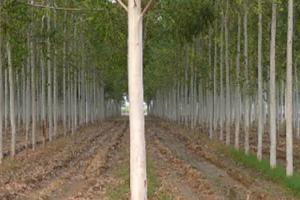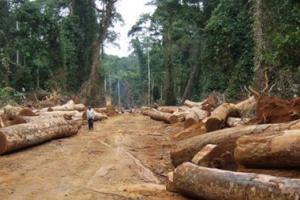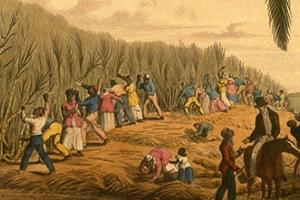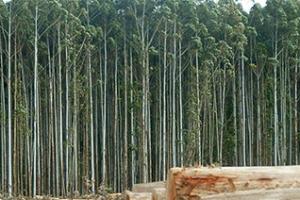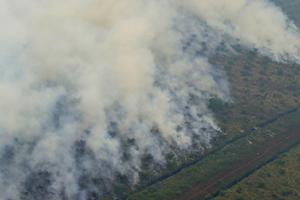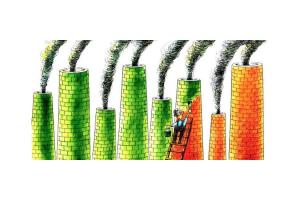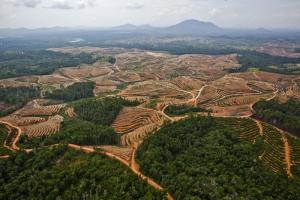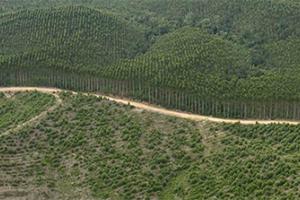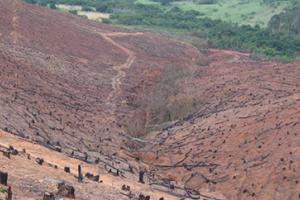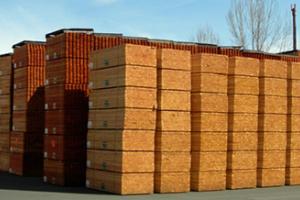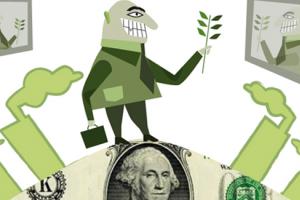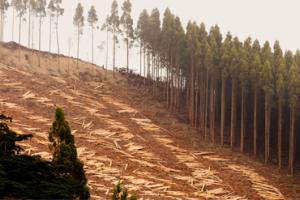FAO Forest Definition
The UN Food and Agriculture Organisation’s (FAO) definition of forests reduces forests to a bunch of trees. Consequently, it considers monoculture tree plantations to be forests, when in fact, these plantations cause deforestation. This definition also ignores human communities and other living species, and the complex web of interaction among them. Because it is widely used by governments, companies and international forest-related processes, many organizations have been calling on the FAO to change its misleading definition of ‘forests.’
Certification has been described as the brightest of bright shining lies of the sustainability movement. And in recent years, certification roundtables have teamed up with another bright shining lie: REDD+
Vast volumes of water are being misappropriated by “silent” thieves that operate 24 hours a day, 365 days a year. Corporations setting up monoculture plantations are the culprits, but, how can planted trees behave so differently from natural forests?
For a long time, WRM, along with other organizations and social movements, has denounced the certification of projects that are destructive to forests and their web of life. These projects have also proven to be detrimental to communities living in and depending on forests. The Forest Stewardship Council (FSC) certification not only legitimates industrial logging in tropical forests and vast areas of monoculture plantations, but has also been associated with carbon markets, by certifying trees planted for “carbon capture".
